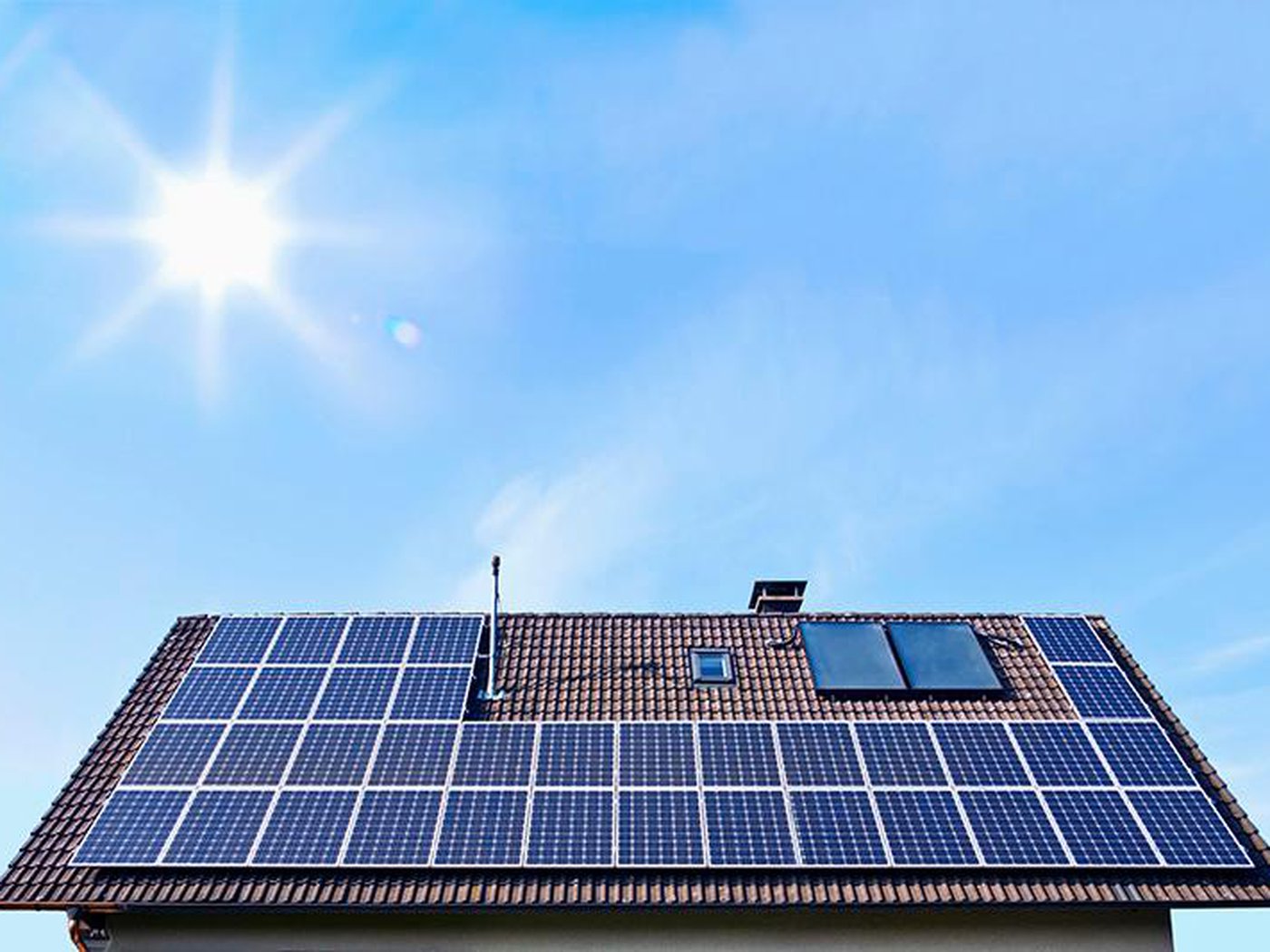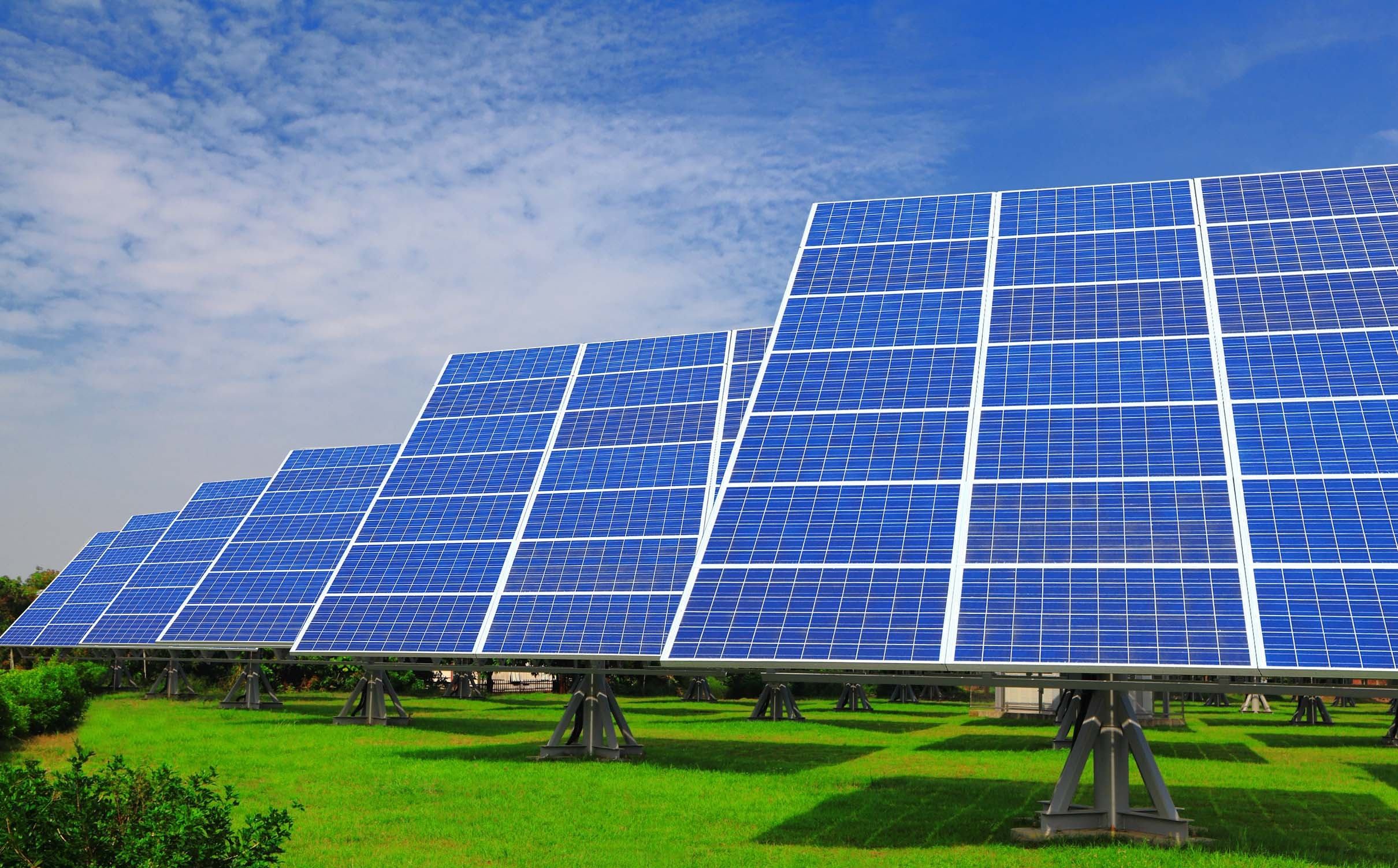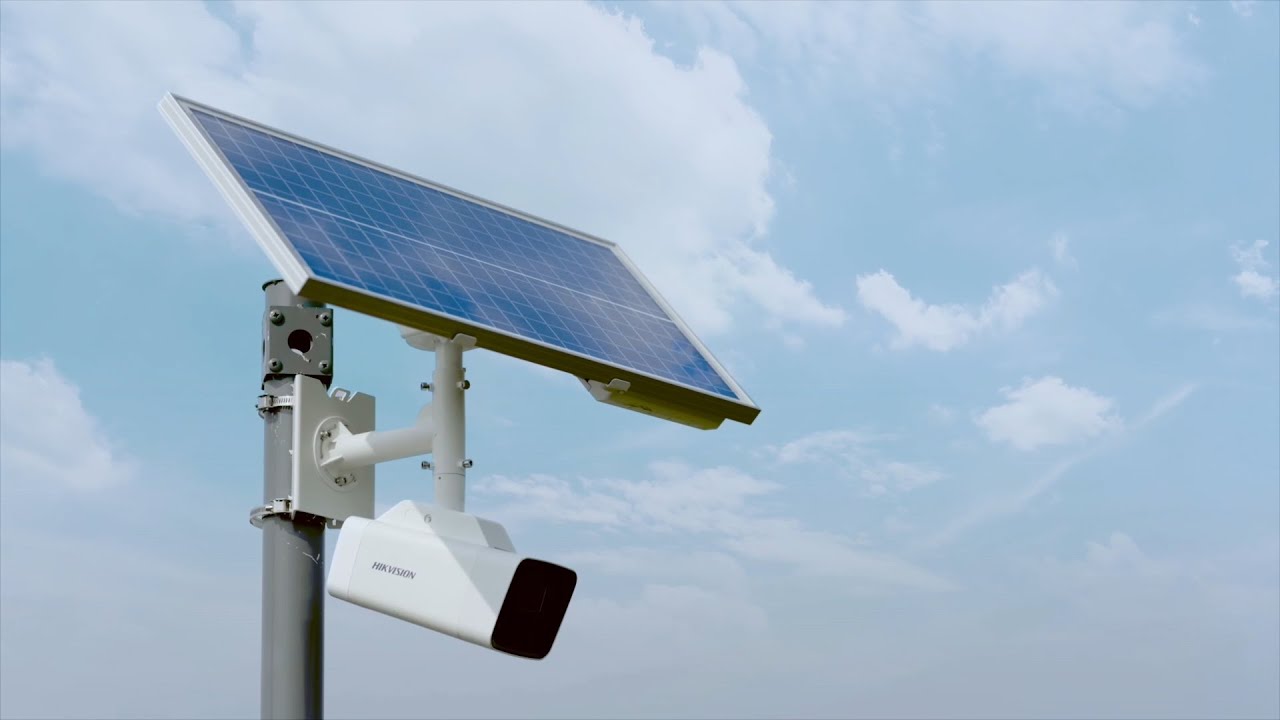
Whether you are trying to figure out if a 100 watt solar panel can power your home or you are looking to buy a new panel, you need to make sure you know the right questions to ask. These questions will help you make the most of your solar power system and give you the peace of mind you need.
How to determine if a 100-watt solar panel is enough to go off-grid
Whether you are deciding to buy a 100-watt solar panel or going off-grid, there are a few things to consider. The first thing to do is figure out how much energy you use. You can look at your utility bill for the past month. Then, multiply your energy usage by the hours of strong sunlight. This will give you a good estimate of how much electricity your panels will produce.
Next, you need to determine how many panels you will need to cover your energy needs. If you are using a lot of power, you will need a larger system. However, if you are only using a few appliances, a 100-watt panel is more than enough to power them.
You should also determine how many batteries you will need to store the excess energy. Your batteries will only hold a certain amount of electricity at a time. You can use a solar battery bank calculator to find out the size of your battery bank.
Whether a 100-watt solar panel is enough to power a TV or air conditioner
Whether a 100-watt solar panel is enough to power a TV or air conditioner depends on several factors. The size and type of panel, as well as the size of the appliances you use, can affect how much energy it generates.
A typical television requires about 60 watts of power to run. The average video game console uses about 90 watts to operate, and a laptop uses about sixty-eighty watts.
A refrigerator uses about four kilowatt-hours of power to run daily. If you have a larger refrigerator, you will need a more powerful panel. A 100-watt panel can power most small appliances, though it will not power a full-size refrigerator. It will also not run an air conditioner or a dishwasher.
An inverter converts DC electricity to AC electricity. There are several types of inverters, including MPPT and PWM charge controllers. The MPPT model charges more efficiently than the PWM version. It also adjusts for different sunlight conditions.
Adding an additional panel to an existing setup
Adding an additional 100 watt solar panel to an existing setup can be a daunting task. You need to be aware of the most important facts about your current system before you add any solar panels.
The best way to decide on a strategy for adding additional solar panels is to consult a knowledgeable solar installer. He or she can tell you the number of panels that you need to add to your existing system, as well as the cost. The cost of the add-on project will depend on the size of the solar panels, the location of the panels, as well as the type of equipment that you are using.
The solar industry is littered with misinformation. For example, the best solar panel for your home may be a 60 watt panel. The best inverter for your system may be a 2.5 kilowatt inverter. The best battery bank for your system may be a 50 ah battery.
Optimal conditions for a 100-watt solar panel
Using a 100-watt solar panel can provide a reliable source of power to a number of devices, including a small fridge, a ceiling fan and light fixtures. It is an ideal tool for remote living, but there are a few factors that will affect its efficiency.
The amount of sunlight a 100-watt solar panel can receive depends on its location and angle. In general, it will receive less-than-peak sunlight for a large part of the day. On cloudy days, the output will be significantly lower.
The average number of hours a 100-watt solar panel will run is based on the weather, location and the devices you want to run. Typically, an 80-watt fridge will run for 4.6 hours, while a small stereo system may run for only about 10 hours.
A 100-watt solar panel can also be used to charge a mobile phone or tablet. It is also a useful tool for outdoor living.





